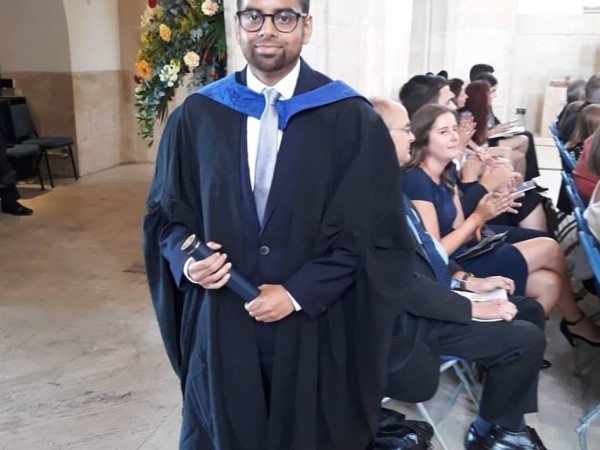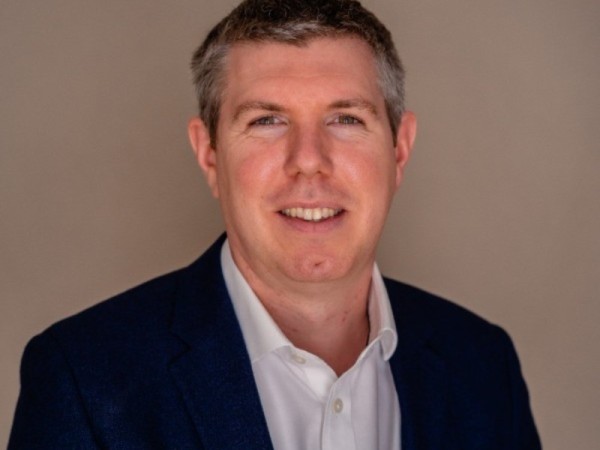
Victoria
Being a postgraduate student at the University of Surrey provided me with the necessary skill set required in the real-world. The well-structured programme, with a mix of coursework and research opportunities, helped me develop my academic writing skills, critical thinking abilities and problem-solving skills.
Course
Economics MScEntry year
2023Why did you choose to study your course at Surrey?
I chose the University of Surrey for my MSc in Economics because the university is rated highly in economic research. This appealed to my career aspirations, which are to advocate for economic policy reforms through informed research to advance the development of my home country, Malawi.
What are the best things about Surrey and your course?
The MSc Economics programme at Surrey offers a diverse curriculum both in theoretical and applied economics. From my undergrad, I had gaps which I had always wanted to fill by advancing my study in the field of economics, in particular, to brush up on quantitative methods and the use of a range of software like Stata and Python to analyse policies and find plausible solutions to the world's economic problems - I got exactly what I hoped for and more.
What are the best things about life here as a postgraduate student?
Being a postgraduate student at the University of Surrey provided me with the necessary skill set required in the real-world. The well-structured programmes, with a mix of coursework and research opportunities, helped me develop my academic writing skills, critical thinking abilities and problem-solving skills. The supportive academic staff and tutorial sessions also helped me build my confidence and improve in areas I was academically weak in.
What are your career plans?
I aspire to be a renowned economist in my field, with expertise in research and policy formulation. I would like to advise economies on best practices and ways to manage macroeconomic fundamentals in times of financial crisis.
The MSc programme offered real-world scenarios which have played a pivotal role in shaping my ability to apply theory to real-world scenarios; this further advances my career journey towards an economic advisory role, developing real-life solutions to solving the world's complex economic challenges.
What advice do you have for students thinking of doing this course?
The course is quantitatively intense. At some point I wanted to join a pathway, however, since my job at present in the central bank involves a mix of core macro and microeconomic concepts, I eventually convinced myself that this was the only way up the ladder for me. I then selected Financial Econometrics as a specialised module; this further sharpened my ability to analyse financial markets, investment and returns, which aligned with my personal interests in the global stock market.


